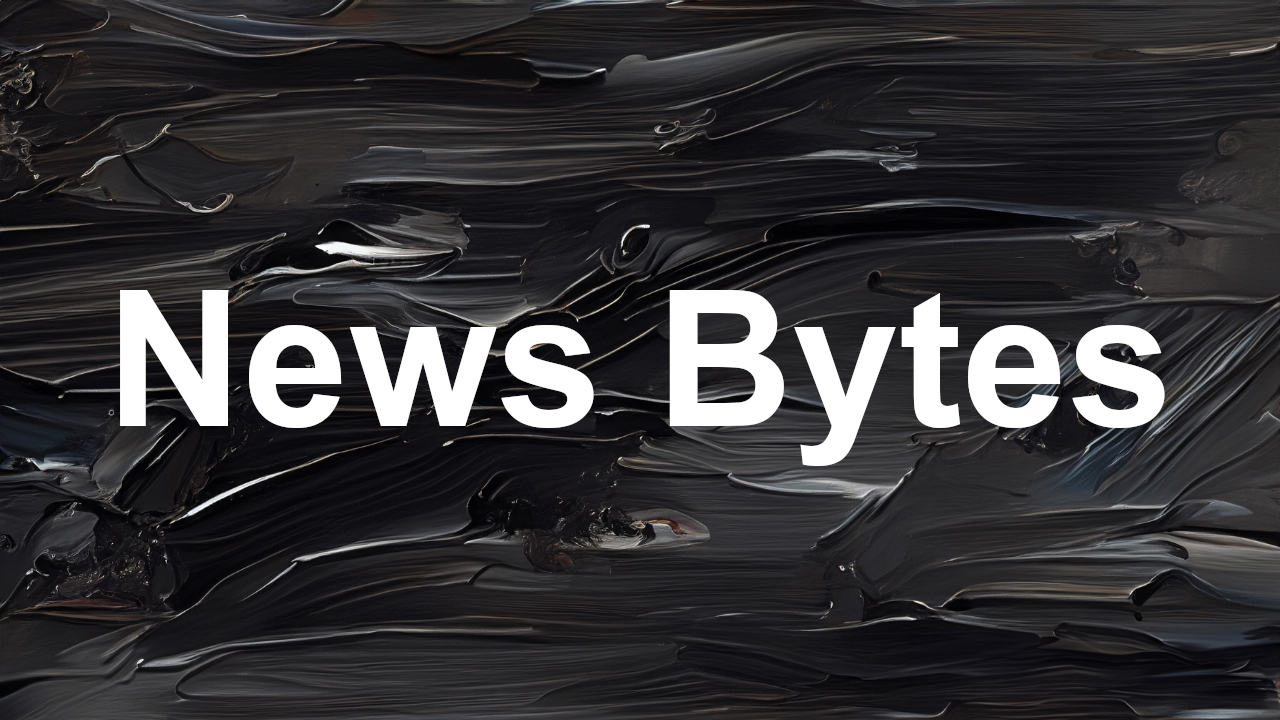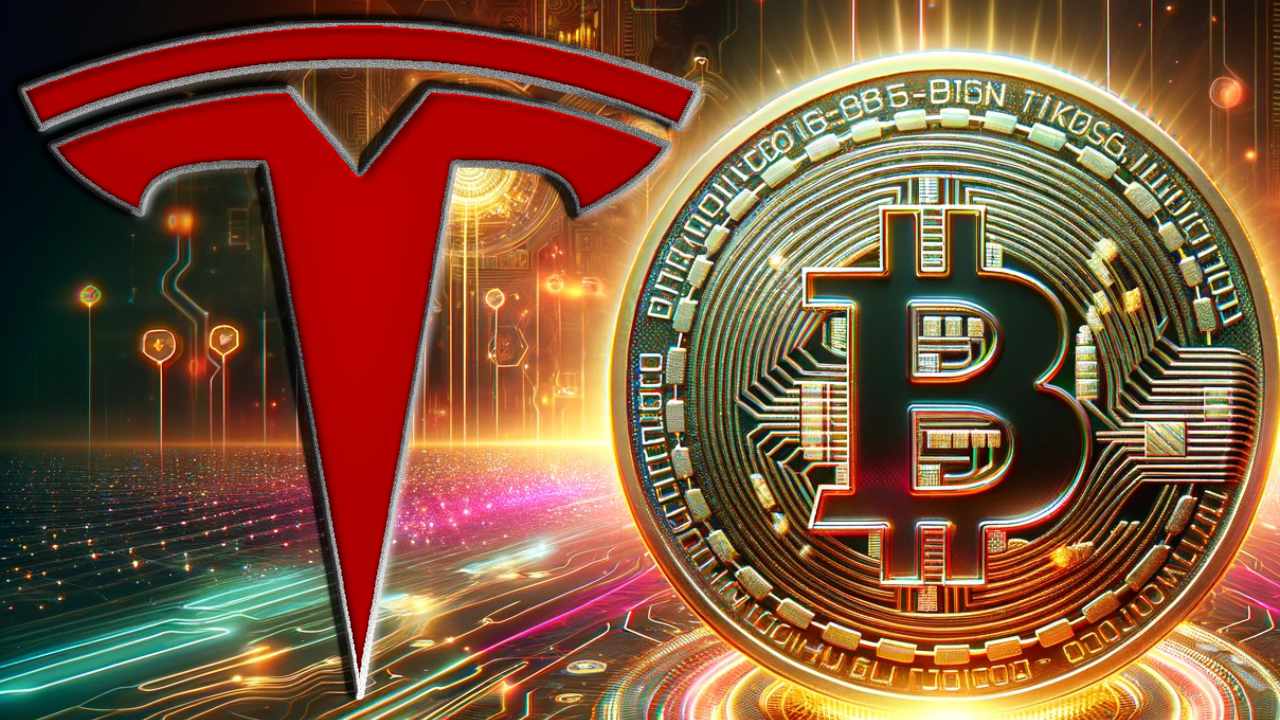Could GameFi and carbon currencies reverse blockchain’s climate stigma?

Nonfungible tokens (NFT) and blockchain technology have developed an unfortunate stigma in some sections of the community for being bad for the environment — but could that perception be changed by integrating carbon offsets into NFT gaming?
GameFi, or gaming finance, marry NFTs and gaming. Blockchain games account for nearly $12 million in daily volume from over a million gamers according to app tracker DappRadar. Toucan Protocol COO Rob Schmitt thinks that volume and those users could be harnessed to benefit the environment.
Schmitt told Cointelegraph that using carbon offsets as an element in blockchain games could create “by far the most planet-friendly system we’ve ever seen.” He envisions a GameFi space that uses carbon offsets as in-game currency, and urges game makers to get creative.
“Games don’t have to have an entire economy based on offsets, but they should be embedded in a way that makes sense,” he said. Schmitt said there are already teams of game makers working with Toucan to bring carbon offsets into their work, such as Atlantis World.
“The narrative that ‘blockchain is killing the world’ is an argument we can turn around with carbon offsets.”
Toucan Protocol tokenizes certified carbon offsets on the Polygon (MATIC) network as Base Carbon Tonnes (BCT).
Demand for gaming companies to go green is ramping up as game studio Space Ape Games, which publishes Fastlane went carbon neutral in 2019. Green Geeks reported that game publishers SuperCell, Rovio and Sybo are offsetting their company’s carbon emissions.
The perception that blockchain technology is bad for the environment is often propagated by the traditional gaming industry. Major online game outlet Steam banned any titles with NFTs or cryptocurrency last October. In February, game provider Itch.io tweeted that “NFTs are a scam” that aren’t useful for anything other than “the destruction of the planet.”
That negative perception betrays a lack of awareness of the carbon emissions associated with different consensus mechanisms. The Polygon network and a number of other NFT and gaming focused chains use the Proof-of-Stake (PoS) consensus algorithm which means power consumption and environmental impact is greatly limited.
Cointelegraph reported in April that the Polygon team aims to make the network carbon neutral this year. Other blockchain networks that support NFT gaming and feature meager or neutral carbon footprints include Wax (WAX), Solana (SOL), and BNB Chain (BNB). Ethereum (ETH) is expected to switch to PoS in the coming months with August the most recent estimate for the Merge.
Related: Game on: Yield Guild Games scholarships on the rise through Q1
While ubiquitous climate conscientiousness is a lofty goal, Schmitt admits that “everything doesn’t have to be climate action.” Furthermore, gamers don’t necessarily have to be aware that the games they enjoy may be carbon neutral because it doesn’t take much action on their part to have an effect. Schmitt said:
“The vast majority of games won’t be related to climate action, but only a small portion of them are needed to do a lot of good.”
He says that climate activism doesn’t need to be the main focus for game developers, especially if they are already deploying work on climate-friendly blockchains.
“Developers should focus on making fun games first, and they may be able to attract new audiences with carbon offset integrations.”





